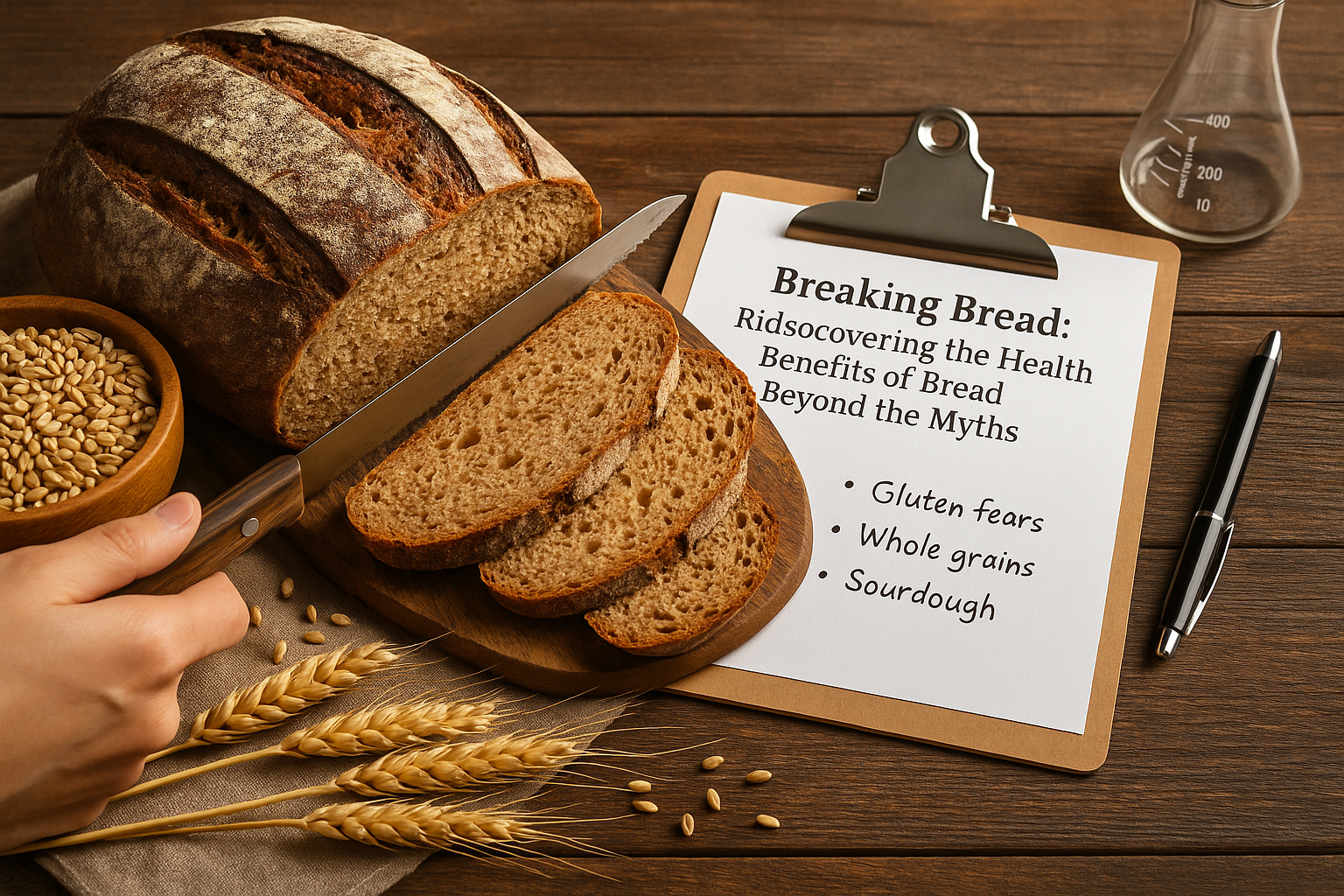
What is Calcium Chloride and How We Use It in Food Production
SUBSCRIBE TO OUR BLOG
Promotions, new products, and recipes.
Have you ever thought about the magic behind your favorite foods' consistency and taste? Calcium chloride is a big part of it. It's a key food additive used in many ways across the food industry. This compound improves texture, keeps moisture in check, and makes food ingredients stable. We'll take a close look at where calcium chloride comes from. We'll see what makes it special and why food makers love to use it.

Key Takeaways
- Calcium chloride is a versatile food additive that enhances texture, controls moisture, and stabilizes ingredients in various food products.
- It is derived from natural mineral deposits and has unique physical and chemical properties that make it valuable in the food industry.
- Calcium chloride's functional properties include its ability to act as a firming agent, coagulant, and pH regulator.
- The use of calcium chloride in food production offers benefits such as improved quality, mouthfeel, and shelf-life of food products.
- Calcium chloride has widespread applications in the food industry, including baking, confectionery, meat and seafood processing, and beverages.
Introduction to Calcium Chloride
Calcium chloride is a highly flexible chemical. It has been part of many industries for a long time, including the food industry. It comes from natural sources and can also be made by mixing hydrochloric acid and certain calcium-rich materials. Calcium chloride stands out because of its special abilities. It can take in moisture, help balance the pH, and make food products better.
Origins and Properties
The story of calcium chloride begins with natural mineral deposits. It is plentiful there. To make this compound, we mix hydrochloric acid with materials like limestone or seawater. The result is a substance with unique features. These make it very useful, especially in the food industry.
Importance in the Food Industry
The food industry values calcium chloride a lot. It is great at keeping foods moist, improving texture, and balancing pH. This makes it crucial for enhancing a variety of food items. Such products include fruits, veggies, cheese, and bakery treats. Food makers use calcium chloride to ensure their products are of high quality and appeal to consumers.
Calcium Chloride in Food
It is key in the food world because of its special uses. It works as a firming agent in foods, like fruits, veggies, and cheese. This helps keep food's texture right. For things like tofu and custards, it acts to make sure they hold together well.
Functional Properties
Its ability to boost the functional properties in food makes calcium chloride versatile. This means it can make foods taste better, last longer, and look more appealing. It's a must-have in many recipes.
Common Applications
Besides making food firmer and helping it stick together, calcium chloride is also great for controlling moisture. It keeps foods from spoiling too fast. Plus, it makes sure dishes like canned goods, cheese, and tofu stay top quality.

Calcium Chloride Benefits
It is a key ingredient in food making, offering many benefits. It helps food have a better texture and consistency. This improves how food feels and tastes, making your meal more enjoyable.
Using calcium chloride in food makes it stay firm. This is great for foods like fruits, veggies, and cheese. It helps them keep the right texture, making them more appealing.
Calcium chloride also acts as a coagulant. It makes stable mixtures and gels, which is important in foods like tofu and custards.
Adding calcium chloride to food is good for safety too. It controls pH and stops some germs from growing. This makes food stay fresh longer, keeping its quality high.
Food Industry Calcium Chloride
Calcium chloride is used in various parts of the food business. It's found in baking, confectionery, meat and seafood processing, and drink and beer making.
Baking and Confectionery
In baking and making sweets, calcium chloride is key. It keeps baked items like bread, cakes, and pastries just right. This mineral also makes sure chocolate is smooth, improving the feel of candies.
When making custards and puddings, it stops them from separating. This helps desserts stay creamy, without the liquid coming out.
Meat and Seafood Processing
The food world needs calcium chloride for making meats and seafood better. It softens meat, making it more enjoyable. In seafood, it keeps things like crab and shrimp firm. It also improves how meats taste and feel after curing and brining.
Beverages and Brewing
It’s not just food that uses calcium chloride. Beverages and beer benefit, too. It regulates carbonated drinks' sourness and makes them feel better in your mouth.
In brewing, it tweaks water to make better beer. This mineral can change flavor and fermentation in a good way. It’s also used in wine making to clear out particles, making the wine look better.
FAQ
What is calcium chloride, and how do we use it in the food industry?
Calcium chloride is a key part of many foods. It makes textures better, keeps moisture right, and holds ingredients together. It comes from natural minerals. This makes it special because it can soak up water, balance pH, and boost how food feels in your mouth.
What are the functional properties of calcium chloride in food production?
Calcium chloride is super useful in food making. It works as a firming agent, keeping foods like fruits, veggies, and cheese just right. It also helps make stable mixtures and gels. This is handy for foods like tofu and custards.
What are the common applications of calcium chloride in the food industry?
In food, calcium chloride does a lot. It's used in baking, making meats, seafood, drinks, and brewing. Adding it can better food texture and make products last longer. This bumps the quality and makes eating more enjoyable for us.
What are the key benefits of using calcium chloride in food production?
Using calcium chloride gives many wins for food makers. It makes food feel better in your mouth and look good. Also, it helps keep food fresh longer by stabilizing things and balancing pH.


|
About the Author Ed is the founder of Cape Crystal Brands, editor of the Beginner’s Guide to Hydrocolloids, and a passionate advocate for making food science accessible to all. Discover premium ingredients, expert resources, and free formulation tools at capecrystalbrands.com/tools. — Ed |
Enjoyed this post? Subscribe to The Crystal Scoop
Food-science tips, ingredient know-how, and recipes. No spam—unsubscribe anytime.
- Choosing a selection results in a full page refresh.



